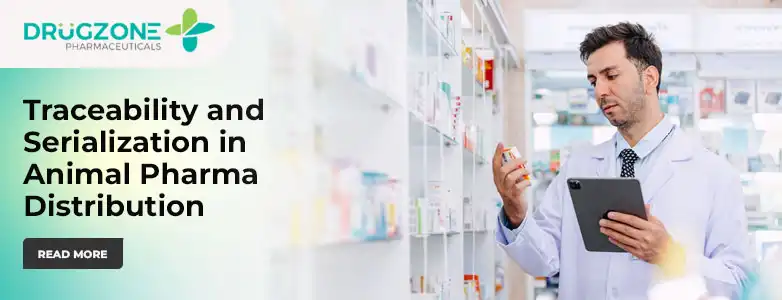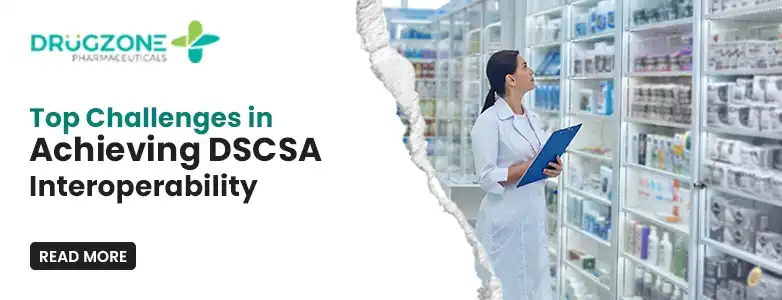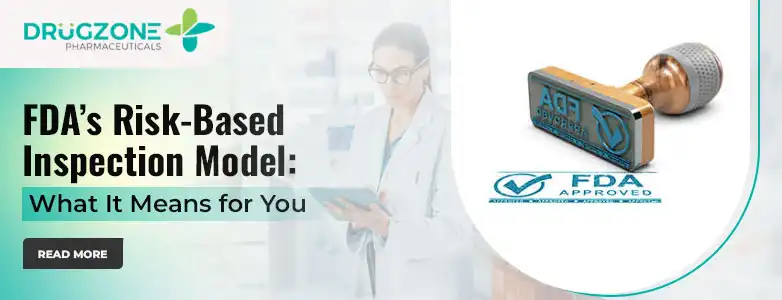
Posted On: May 14, 2025
Top 5 Legal Risks Facing Pharmaceutical Companies in USA
Pharmaceutical companies in the USA operate under one of the most tightly regulated systems in the world, governed by the FDA,DSCSA, and various state-level requirements. Every stage, from manufacturing to distribution, demands strict compliance with federal and state laws.
In such a framework, even a minor oversight can lead to serious consequences, ranging from hefty fines to business closure or legal action.
Apart from staying compliant, the challenge also lies in keeping up with ever-evolving regulations that shift with new public health concerns, technology advancements, and international standards, concerning drug wholesale distributors and pharmaceutical manufacturers alike.
The 5 Compliance Risks for the U.S. Pharmaceutical Companies
Below are the major legal risks that pharmaceutical companies in the USA need to watch closely, along with practical insights into why they matter and how to mitigate them.
1. Non-Compliance with the Drug Supply Chain Security Act (DSCSA)
The DSCSA requires pharmaceutical companies to implement systems that ensure traceability of prescription drugs across the U.S. supply chain.
Each package must have a unique serial number that can be tracked from manufacturer to dispenser. If a company fails to comply with this law, it risks both legal repercussions and a loss of credibility in the market. The FDA can issue warning letters or even block product distribution for non-compliance.
To protect themselves, drug manufacturers and wholesale distributors have started adopting advanced tracking technologies. RFID tags and serialization solutions help identify and trace every unit throughout the distribution process.
2. Failure to Monitor Evolving FDA Regulations
The FDA regularly updates its policies and guidance based on new scientific evidence, safety reports, and global trends.
If a pharmaceutical company continues to operate under outdated protocols, it risks being non-compliant, even if it was once fully aligned. This includes changes in labeling requirements, manufacturing practices, or product approval processes.
Proactive monitoring and response are key here. Companies must invest in regulatory affairs teams or trusted compliance partners who keep tabs on regulatory shifts.
Aligning operations with the most recent FDA expectations ensures uninterrupted distribution rights and lowers the risk of product recalls or penalties for drug wholesale distributors.
3. Neglecting Global Regulations When Exporting
U.S.-based pharmaceutical companies that export to the EU, Canada, or other global markets must meet those regions’ standards in addition to domestic laws.
For instance, the European Union’s Falsified Medicines Directive (FMD) requires special safety features on drug packaging and real-time authentication systems. Not following these rules can lead to product rejection at the border or legal trouble abroad.
Understanding and aligning with international frameworks also helps prevent costly shipment delays, brand damage, or supply chain interruptions.
4. Inadequate Product Security and Anti-Counterfeiting Measures
Counterfeit drugs are a global menace, and regulators are cracking down harder than ever.
If a company is found to be a weak link in the supply chain, it may be held accountable for letting counterfeit products reach patients. This can lead to lawsuits, license revocations, or worse, especially if the counterfeit products result in harm.
That’s why many pharmaceutical firms and drug wholesale distributors are investing in high-tech safeguards like tamper-proof packaging. Not only do these measures enhance security, but they also build trust among healthcare providers and patients who rely on the authenticity of their medications.
5. Improper Handling of Recalls or Adverse Event Reporting
When a pharmaceutical product is found to be defective or unsafe, quick action is critical.
The FDA expects companies to execute timely recalls and submit adverse event reports as soon as issues arise. Delays or miscommunications during a recall can be seen as negligence, inviting legal scrutiny and public backlash.
Having a recall protocol in place, one that includes communication channels, logistics plans, and clear documentation, helps manage such events effectively.
Wholesale distributors must also play their part by maintaining detailed inventory records and being ready to halt or reverse shipments if needed.
Partner with Drugzone for Compliant Distribution
In such a complex legal scenario, having a reliable and compliant distribution partner is essential. Here, Drugzone emerges as one of the most trusted drug wholesale distributors in the USA, adhering strictly to federal and state regulations.
Our streamlined processes, licensed operations, and commitment to quality make us the preferred choice for pharmaceutical companies aiming to minimize risk while maximizing reach.
Frequently Asked Questions (FAQs)
Q. What are the major legal risks for drug wholesale distributors?
Key legal risks include non-compliance with FDA regulations, involvement in counterfeit or misbranded products, and violations of the Drug Supply Chain Security Act (DSCSA).
Q. How can drug wholesale distributors ensure compliance with U.S. pharmaceutical laws?
They must implement robust tracking systems, follow proper storage and distribution protocols, and stay updated on both federal and state regulations.
Q. Why is licensing important for pharma wholesalers distributors in the U.S.?
Licensing verifies a distributor’s legitimacy, ensures regulatory compliance, and helps avoid legal penalties or business disruptions.
Tags
Latest Posts
Similar Posts
-
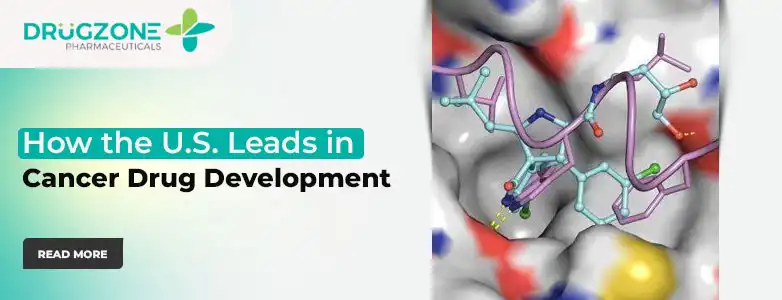
How the U.S. Leads in Cancer Drug Development
-
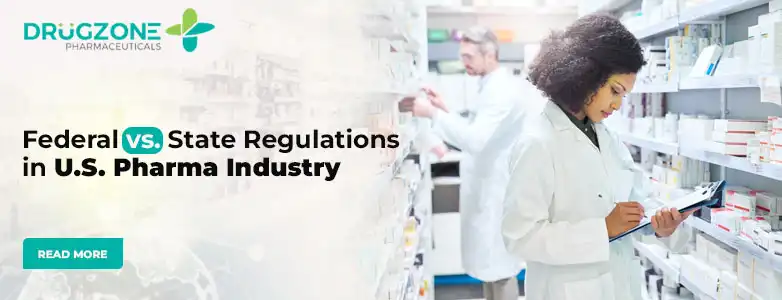
Federal vs. State Regulations in the U.S. Pharma Industry
-

The Importance of Pharmacovigilance in Wholesale Distribution
-

Surge in FDA Approvals of AI-Enabled Medical Devices: A Decade of Growth
-

The Future of Clinical Trials: Decentralization and Virtual Participation

